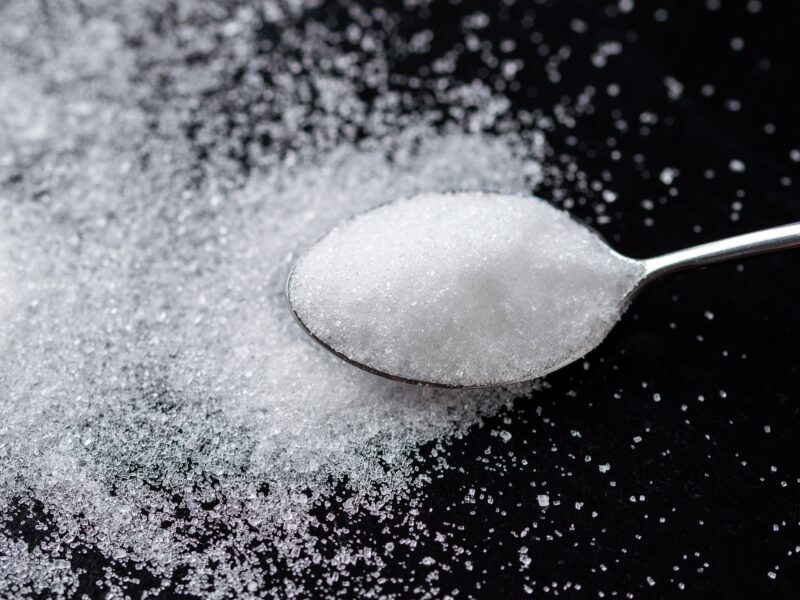Ask A Pharmacist: How To Choose The Right Sunscreen

With various products available, sun protection can be confusing, but it’s important to remember to protect your skin. Delaney Ivy, clinical assistant professor with the Texas A&M University Irma Lerma Rangel College of Pharmacy, breaks down why sunscreen should be a vital aspect of your sun protection plan.
How should I choose a sunscreen?
To prevent skin cancer or the risk of another skin disorder, it is recommended to use a broad-spectrum sunscreen with at least SPF 15. However, if a person burns very easily or is about to swim or do vigorous activity outdoors, it is recommended to have at least an SPF of 30. If these activities are planned, Ivy recommends a water-resistant sunscreen that lasts up to 40-80 minutes.
If concerned about exacerbating acne, select a product that states it is non-comedogenic. For those with sensitive skin, choose a sunscreen that has the active ingredient zinc oxide or titanium oxide.
The American Academy of Dermatology Association states the following:
The kind of sunscreen you use is a matter of personal choice and may vary depending on the area of the body to be protected. Available sunscreen options include lotions, creams, gels, ointments, wax sticks and sprays.
- Creams are best for dry skin and the face.
- Gels are good for hairy areas, such as the scalp or male chest.
- Sticks are good to use around the eyes.
- Sprays are sometimes preferred by parents since they are easy to apply to children.
Make sure to use enough of these products to thoroughly cover all exposed skin. Do not inhale these products or apply near heat, open flame or while smoking.
What is SPF?
SPF, or Sun Protection Factor, is a measure of how much exposure ultraviolet radiation is required to cause a sunburn on the protected skin. The higher the SPF, the more it protects against sunburn.
How often do I need to apply sunscreen?
Apply sunscreen to all sun-exposed areas of the body at least 15-30 minutes before sun exposure and reapply at least every two hours. It is also recommended to reapply after every episode of swimming, towel drying or excessive sweating.
Is there a pharmacist-recommended sunscreen?
There isn’t a pharmacist preferred sunscreen, but the US News and World Report states that most pharmacists vote for products produced by Neutrogena.
If you have an allergic reaction to a sunscreen product, discontinue use and talk to your doctor or pharmacist. They can provide guidance on the products that may work best for you and your family.
Why is sunscreen and protection from the sun important?
Cumulative exposure to the sun can increase the risk of developing skin cancer which is the most common type of cancer. Additionally, increased sun exposure can cause premature aging of the skin. Using sunscreen will also decrease the risk of developing a sunburn which is inflammation of the skin.
This article by Shelby Purdy originally appeared on Vital Record.





